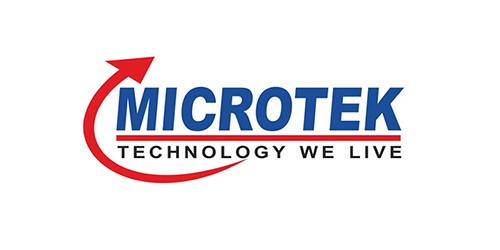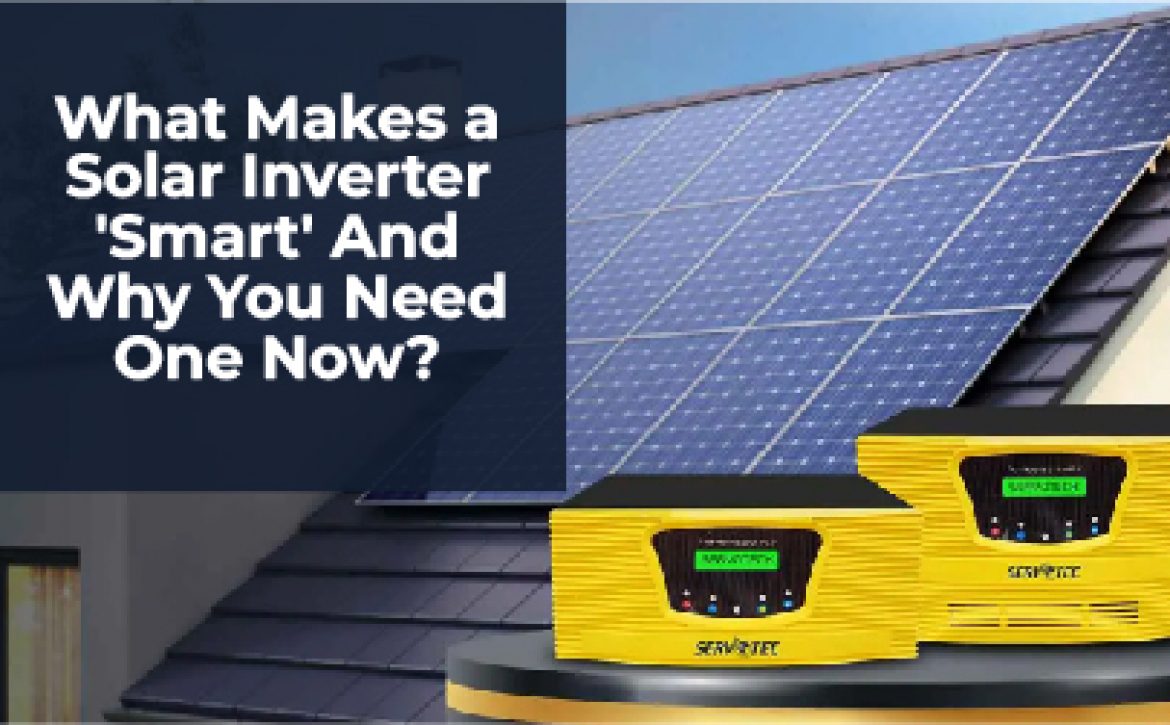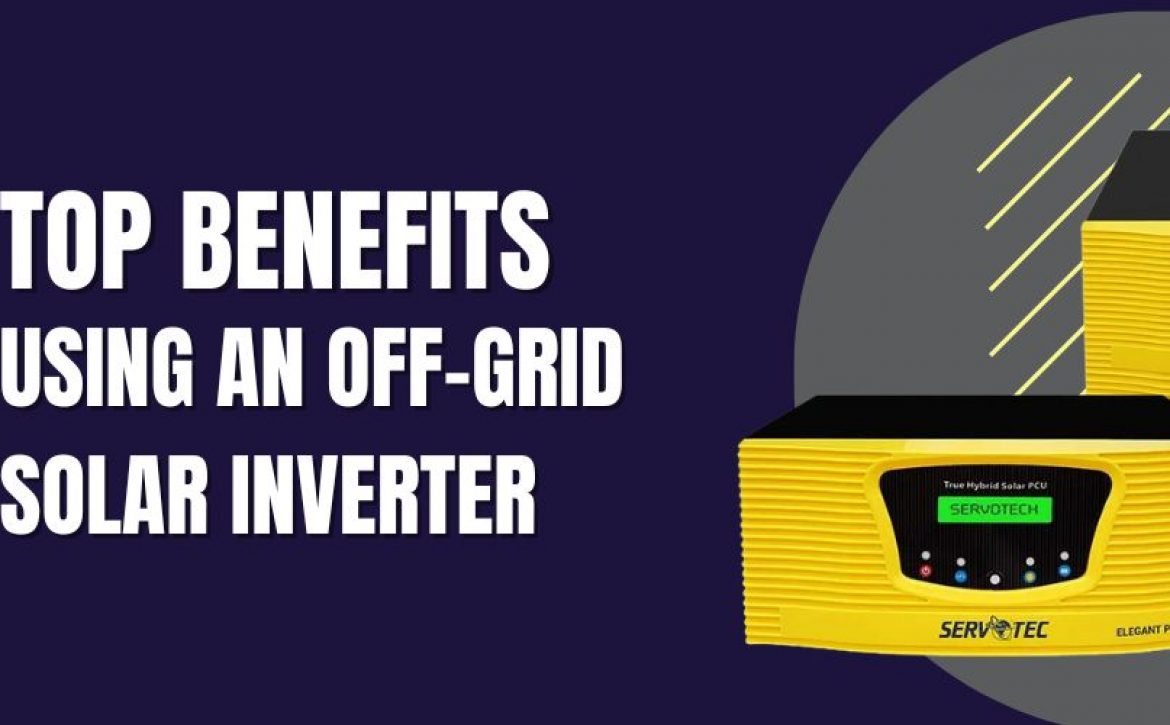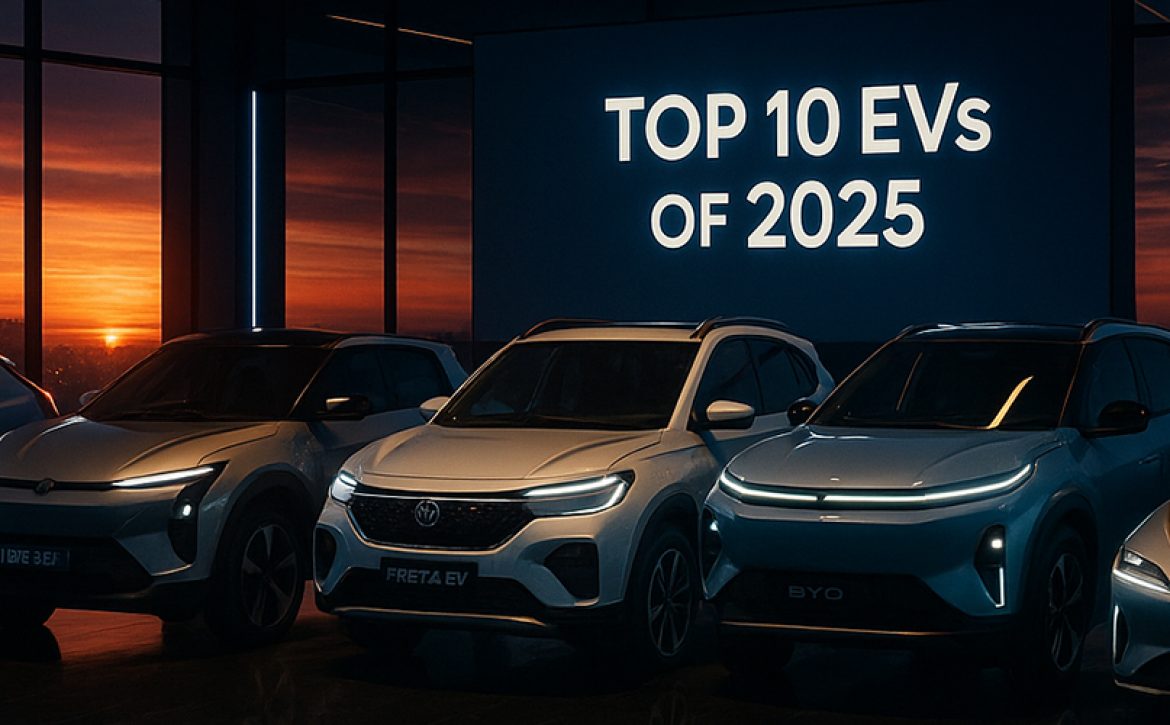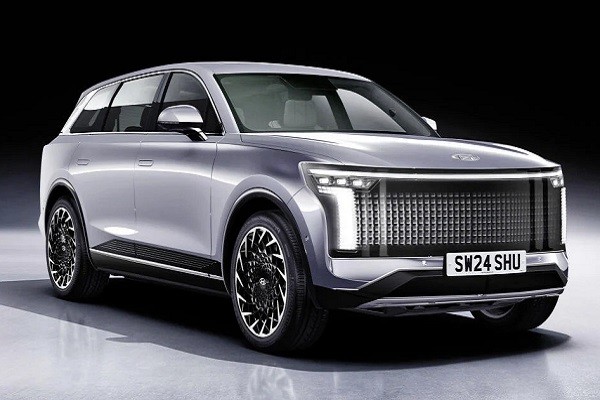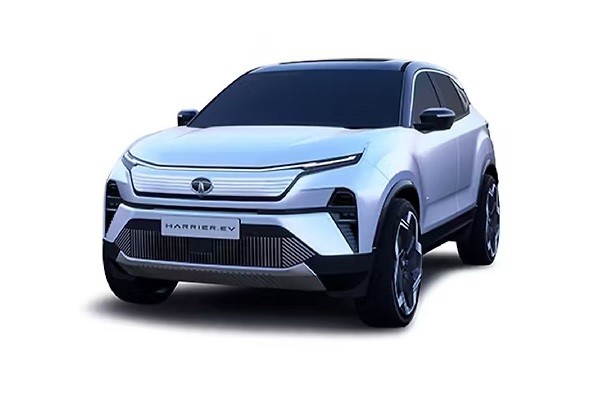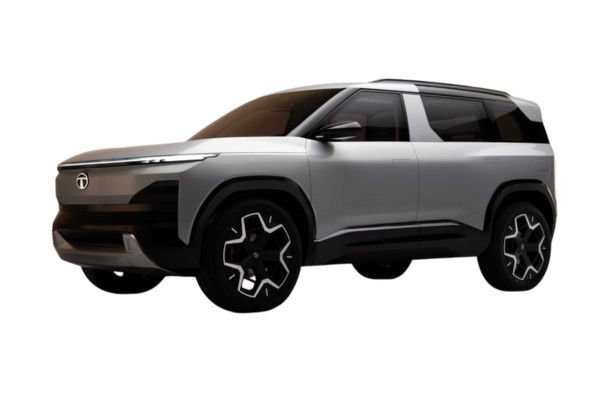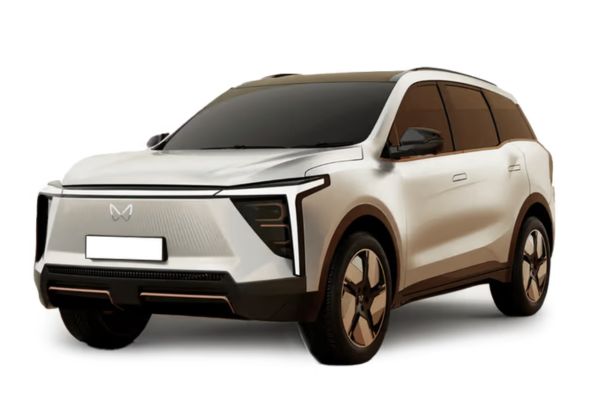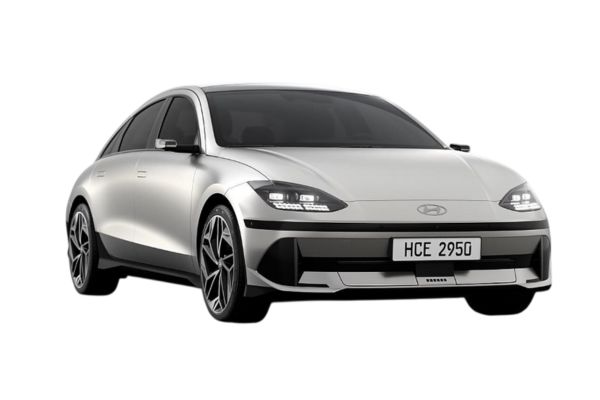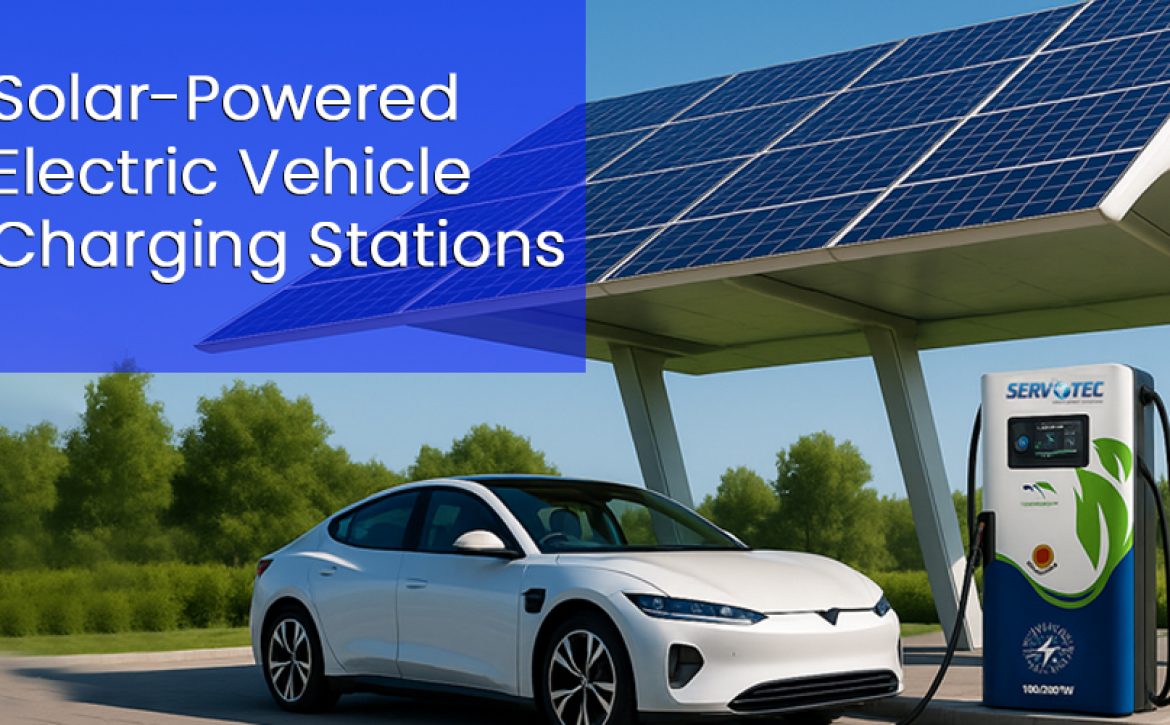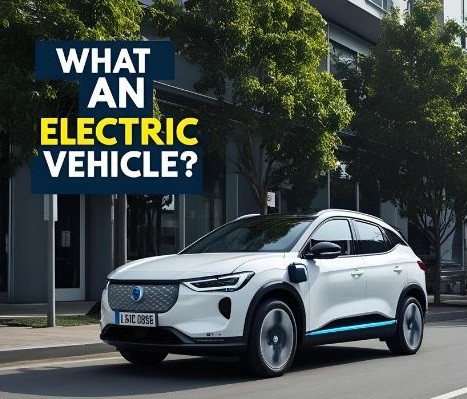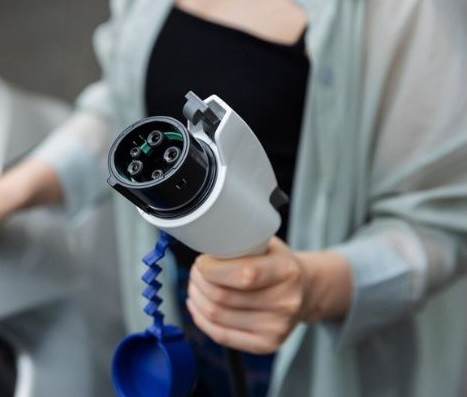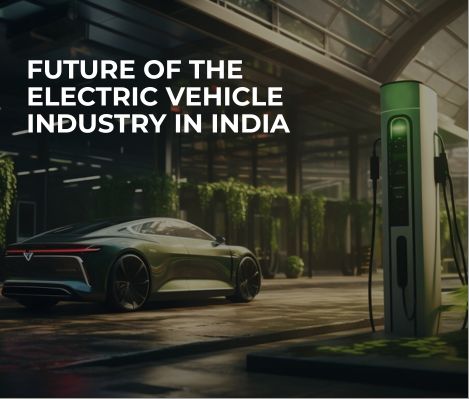How Many Solar Panels Do You Need To Charge Your Car From Home?
Switching to an electric vehicle (EV) is an excellent way to cut emissions and fuel costs. But pairing it with solar power takes sustainability and savings to the next level. One of the most common questions EV owners ask is: “How many solar panels do I need to charge my car from home?” The answer depends on several factors, like your EV’s battery size, daily driving habits, solar panel capacity, and local sunlight availability.
In this blog, we’ll break down the calculation, key considerations, and real-world examples to help you understand how solar and EV charging fit together.
Understanding EV Energy Needs
Before calculating solar requirements, let’s look at your car’s consumption.
Battery size and range
EVs come with different battery capacities, usually measured in kilowatt-hours (kWh). For example:
- Tata Nexon EV: ~40 kWh battery, ~300–350 km range.
- MG ZS EV: ~50 kWh battery, ~400–450 km range.
- Hyundai Ioniq 5: ~72.6 kWh battery, ~600 km range.
Daily driving habits
The average Indian driver covers 30–50 km per day. Most EVs consume about 0.15–0.20 kWh per km, so a daily commute might require only 5–10 kWh of charging, far less than a full battery.
How Solar Panels Generate Energy
Solar panel output is measured in watts (W). The most common residential panels today are rated 400–550 W. The actual energy produced depends on the number of sunlight hours and the location.
For example, in India, most regions receive 4–6 peak sun hours per day. A 500W panel can therefore generate:
500 W × 5 hours = 2.5 kWh per day(approx
This concludes how a single solar panel can roughly power 10–15 km of EV driving daily.
Calculating Solar Panels for EV Charging
To estimate how many solar panels you’d need, let’s break it down with simple math. If you drive about 40 km daily and your EV consumes 0.18 kWh per km, that’s roughly 7.2 kWh per day. A 500 W solar panel in India generates around 2.5 kWh daily (assuming 5 peak sun hours). Dividing your energy needs (7.2) by solar output (2.5) shows you’d need at least three 500 W panels to cover your daily driving.
However, if your goal is to fully charge a 40 kWh EV battery purely with solar, you’d require around 16 such panels, something more feasible for larger homes with adequate rooftop space or those aiming for complete energy independence.
Key Factors That Affect Panel Requirements
1. Sunlight availability
Regions like Rajasthan or Gujarat, with over 6 sun hours daily, will need fewer panels compared to Delhi or Bengaluru with almost 4–5 hours.
2. Panel efficiency
Modern monocrystalline panels are more efficient than polycrystalline ones, meaning you’ll need fewer panels to produce the same energy.
3. Type of charger
- AC home charger (3.3 kW to 7.4 kW): Works well with rooftop solar for daily charging.
- DC fast charger (15–30 kW & above): Requires grid support, but solar can offset energy usage.
Your EV’s charger compatibility is one of the most important factors that you must consider while choosing an EV.
4. Battery size and driving patterns
A smaller commuter EV will need fewer panels, while a premium SUV with a large battery and longer daily drives will need significantly more.
Real-World Examples
Case 1: City commuter
- EV Model: Tata Nexon EV (40 kWh)
- Daily drive: 35 km (~6.5 kWh/day)
- Solar need: 3 × 500 W panels
Case 2: Long-range user
- EV Model: Hyundai Ioniq 5 (72.6 kWh)
- Daily drive: 80 km (~14 kWh/day)
- Solar need: 6 × 500 W panels
Case 3: Full battery solar charging
- EV Model: MG ZS EV (50 kWh battery)
- Requirement: ~20 × 500 W panels for complete off-grid charging
Benefits of Solar EV Charging at Home
1) Cost savings
Switching to solar for EV charging can slash your charging expenses by 70–80% compared to grid electricity and drastically more when compared to petrol or diesel. Over the lifetime of your EV, this translates into significant financial savings, making the upfront investment in solar panels and a charger extremely cost-effective.
2) Energy independence
By installing solar panels with a home EV charger, you gain the freedom to power your vehicle without relying solely on the grid. This shields you from unpredictable power outages, rising tariffs, and peak-hour electricity rates. Pairing solar with a battery storage system further strengthens independence, ensuring your car is ready to drive anytime, day or night.
3) Sustainability
Every kilometer driven on solar energy helps reduce greenhouse gas emissions and cuts dependence on fossil fuels. This isn’t just a personal benefit, it’s a contribution to India’s larger clean energy and EV adoption mission. With millions making the shift, solar-powered EVs can collectively transform urban air quality and accelerate the journey to a net-zero future.
Can You Use Battery Storage to Charge Your EV?
Pairing solar with a home energy storage system (lithium batteries) allows you to store excess solar power during the day and use it later to charge your EV, even at night. This makes solar-powered EV charging far more flexible, especially if your driving schedule requires evening or early-morning charging when the sun isn’t available.
Beyond homes, battery energy storage systems (BESS) are increasingly becoming a backbone of clean energy infrastructure. Servotech’s advanced BESS technology, already deployed across industries and integrated into hybrid EV charging stations, demonstrates how storage ensures reliability, reduces grid dependence, and maximizes solar utilization. At the household level, this means you’re not just charging your EV, but also building a mini renewable ecosystem that can handle peak-hour demands, provide backup during outages, and cut electricity costs in the long run. In short, solar, BESS & EV charging create a smarter, more resilient setup where you can drive on sunshine 24/7.
Conclusion
So, how many solar panels do you need to charge your car from home? The answer depends on your EV model, driving distance, and local sunlight. For most daily commuters in India, 3–6 high-efficiency panels are enough to offset daily charging needs, while 15–20 panels may be required for full off-grid charging of larger batteries.
Pairing solar panels with a smart home EV charger, like those from Servotech, is the most sustainable and cost-effective way forward. By investing in solar EV charging today, you not only save money but also contribute to a greener, cleaner India.

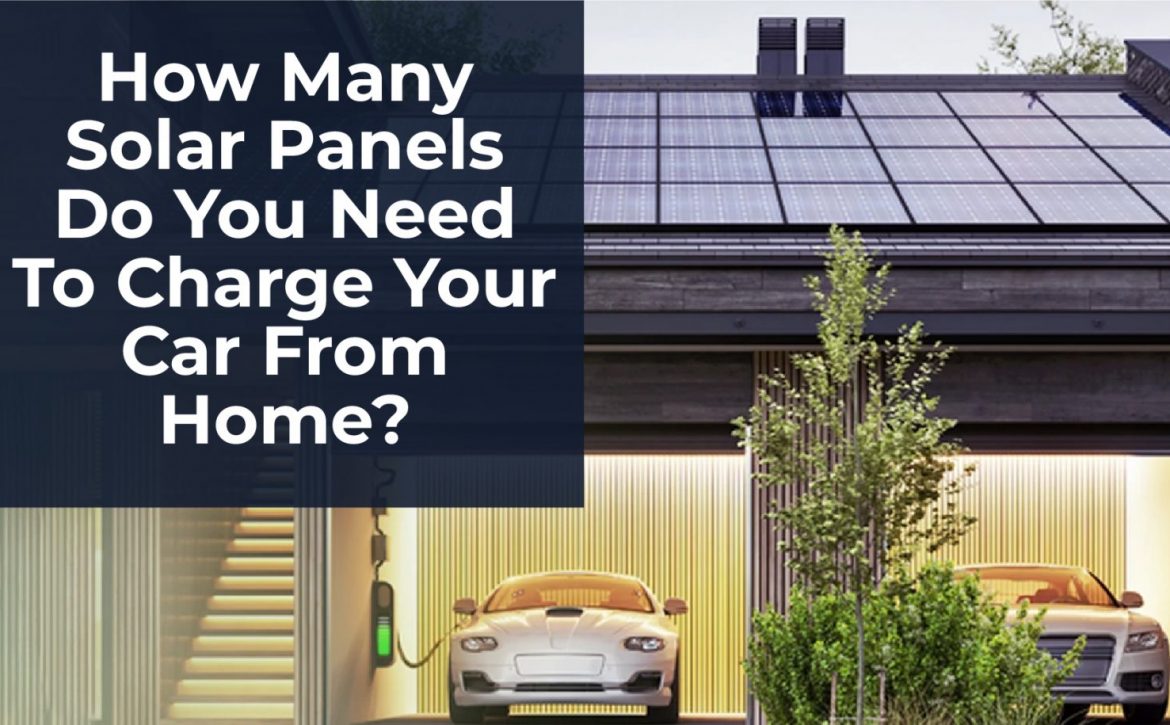
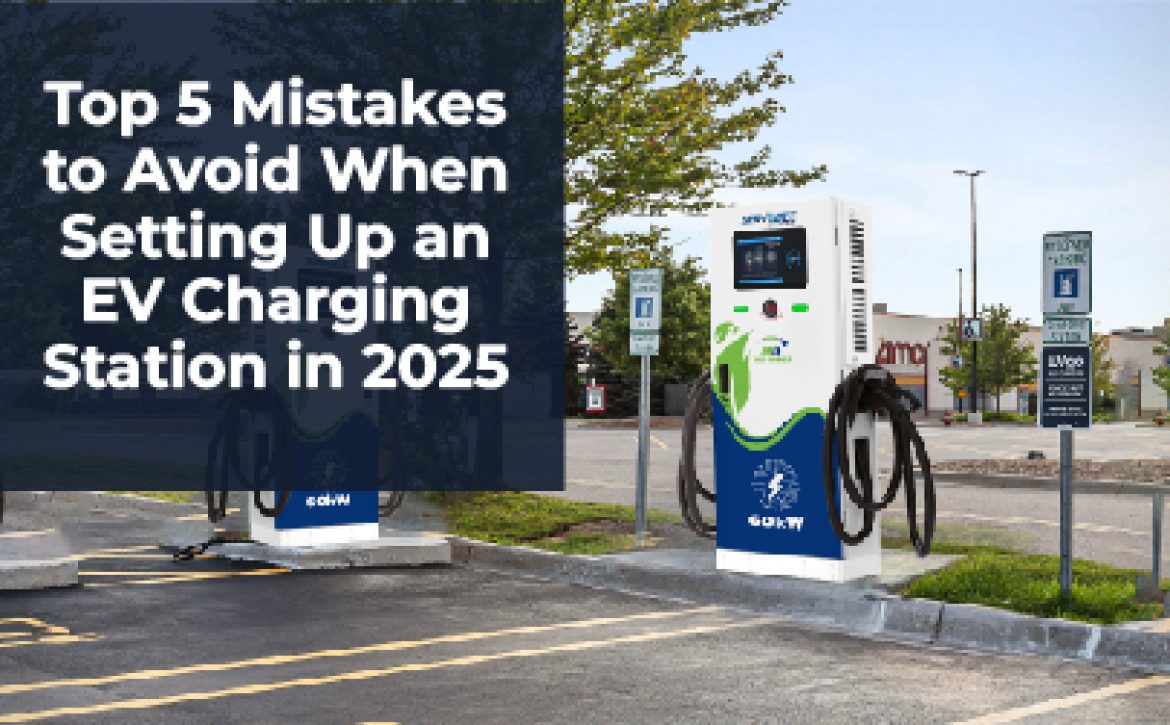
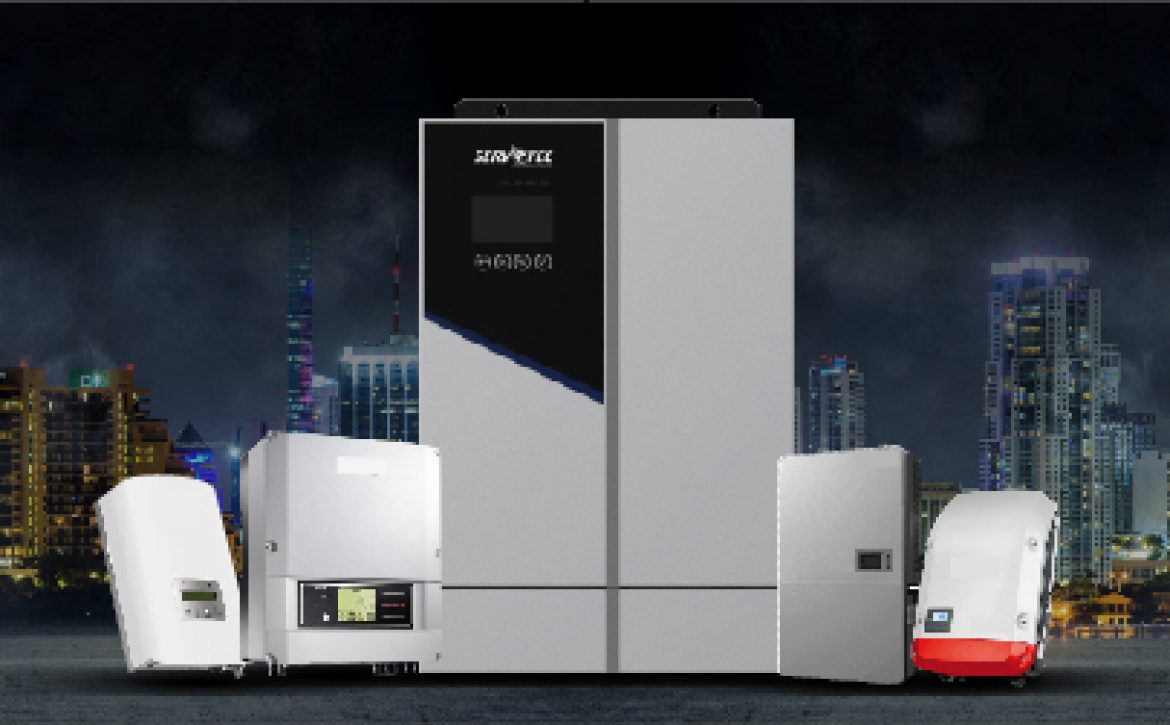
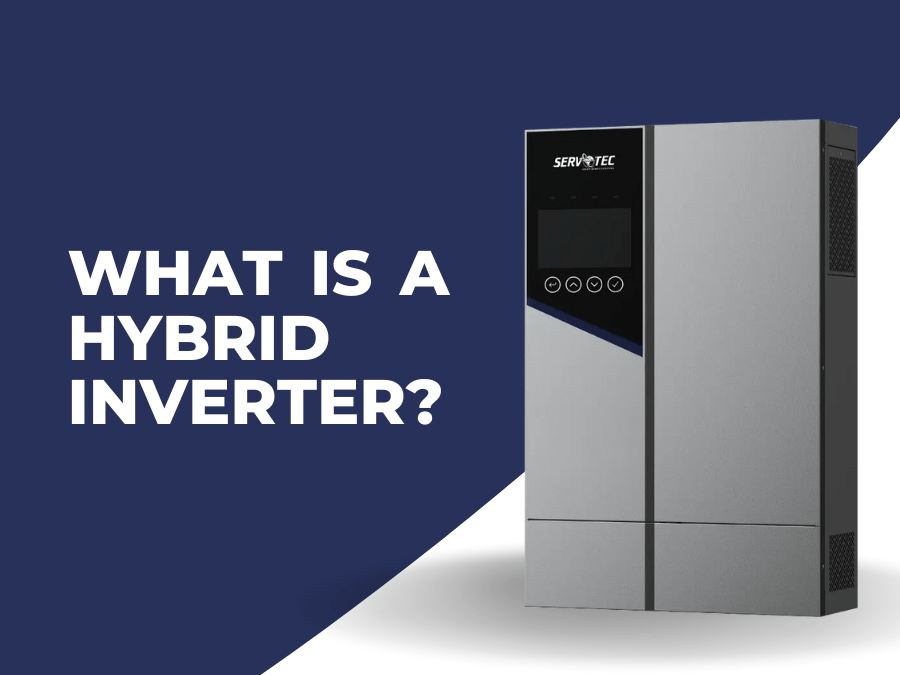
 Get Quote
Get Quote

